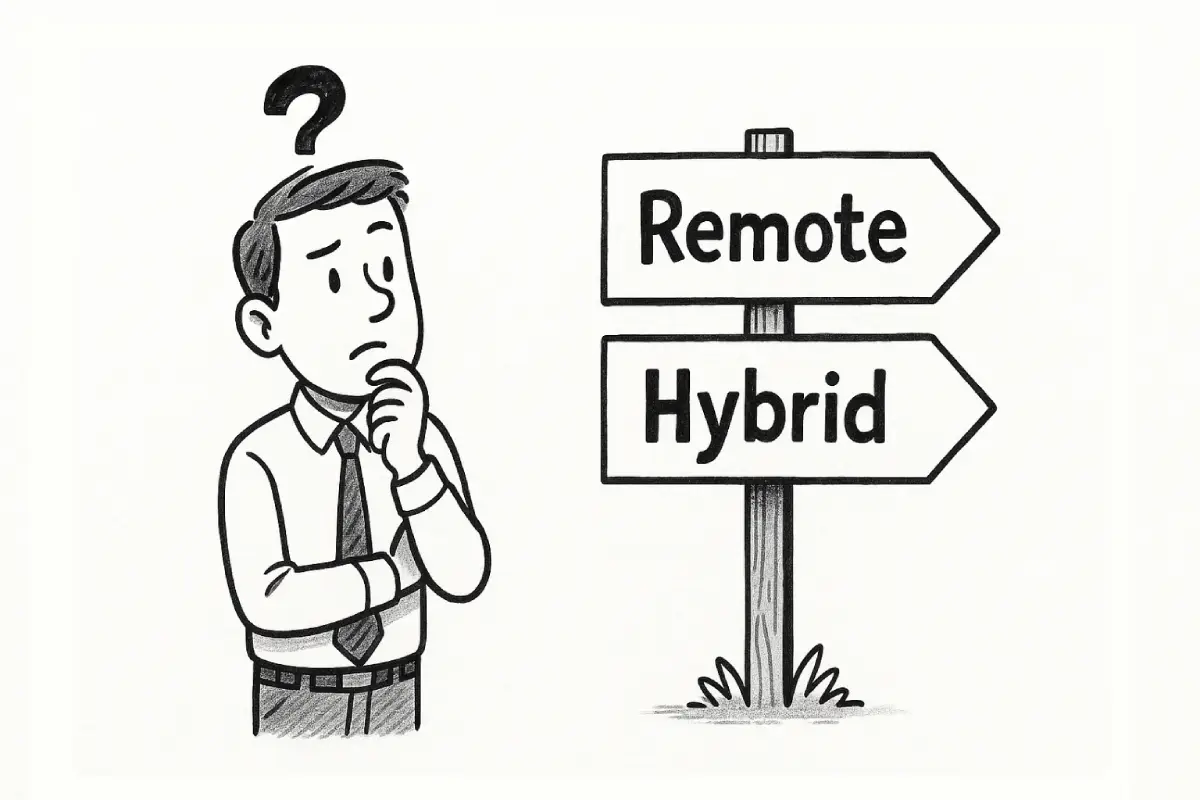The logistics and transportation sector is undergoing a digital transformation that is hard to ignore. As supply chains grow more complex and customer expectations skyrocket, businesses are seeking innovative ways to manage, optimize, and scale their operations. Enter logistics and transportation software development — the backbone of this modernization effort.
From freight forwarding to last-mile delivery, customized software solutions are driving efficiency, improving visibility, and unlocking competitive advantages.
The Business Challenge Behind Modern Logistics
Today’s logistics and transportation companies face a maze of challenges:
- Fragmented systems that can’t scale or integrate smoothly
- Inefficient routing and fleet management leading to fuel and time waste
- Lack of real-time visibility into shipments and inventory
- Manual workflows that delay operations and increase human error
- Ever-changing compliance requirements across regions and modes
Solving these issues requires more than just operational tweaks — it demands strategic investment in robust digital infrastructure.
What Is Logistics and Transportation Software Development?
Logistics and transportation software development refers to the creation of custom platforms that streamline and automate the end-to-end movement of goods. These systems can include:
- Transportation Management Systems (TMS)
- Warehouse Management Systems (WMS)
- Fleet tracking and telematics software
- Delivery route optimization tools
- Carrier and freight broker platforms
- Mobile apps for drivers and field staff
Companies seeking scalable logistics and transportation software development often turn to Wezom for outsourced development that matches their operational realities.
Key Benefits of Tailored Software Solutions
Custom logistics software is not just about automation — it’s about competitive edge. Here’s how businesses benefit:
1. Operational Efficiency
Automated dispatching, real-time fleet tracking, and digital documentation reduce delays and boost throughput.
2. Cost Reduction
With route optimization, predictive maintenance alerts, and smart inventory control, businesses can significantly cut overheads.
3. Improved Customer Experience
Real-time shipment updates, accurate ETAs, and better service coordination lead to higher customer satisfaction.
4. Compliance and Safety
Modern systems help enforce regulatory standards, log driver hours accurately, and trigger alerts for safety risks.
5. Scalability
Custom platforms grow with your business — whether you’re expanding fleets, routes, or markets.
Off-the-Shelf Software vs. Custom Development
While pre-built logistics platforms can be a quick fix, they rarely align with complex, evolving business models. Here’s how they compare:
| Feature | Off-the-Shelf | Custom Development |
|---|---|---|
| Fit to business model | Limited | Highly tailored |
| Integration flexibility | Often restricted | Seamless with APIs |
| Long-term scalability | May hit limitations | Built to grow |
| Cost efficiency | Lower upfront cost | Higher ROI over time |
| Competitive advantage | Generic features | Unique capabilities |
Wezom helps businesses implement logistics and transportation software development through tailored software solutions that support unique operational goals.
Real-World Use Cases
Here are a few practical applications showing how logistics software transforms industries:
- Freight Forwarders: Automate quotation, booking, and document handling.
- 3PL Providers: Optimize multi-client warehouse operations with unified dashboards.
- Retail Chains: Integrate inventory and delivery systems for faster fulfillment.
- Courier Services: Enable dynamic routing based on real-time traffic and parcel volume.
- Construction Logistics: Manage heavy machinery delivery and material staging across sites.
Implementation Tips and Common Pitfalls
Launching a custom logistics platform is a high-stakes initiative. Here’s how to do it right:
Best Practices
- Start with workflow mapping to identify pain points and priorities.
- Use modular architecture for easier updates and integrations.
- Build with mobile-first logic for driver apps and on-site interfaces.
- Incorporate real-time analytics from the beginning.
Avoid These Mistakes
- Ignoring change management — training and onboarding are crucial.
- Skipping integration planning — legacy systems still matter.
- Underestimating UX/UI design — poor usability kills adoption.
- Not planning for scale — build with growth in mind.
Conclusion: Driving Efficiency with the Right Tech Partner
As global logistics demands become increasingly sophisticated, businesses can no longer rely on outdated systems or manual processes. Custom logistics and transportation software development is no longer a luxury — it’s a necessity.
Whether you’re looking to optimize routes, gain full-fleet visibility, or streamline warehousing, success hinges on having the right digital tools — and the right development partner. With deep domain expertise and a tailored approach, Wezom delivers end-to-end logistics and transportation software development systems built to match specific business needs.







